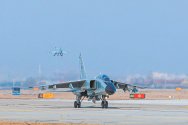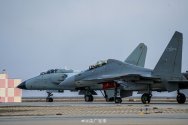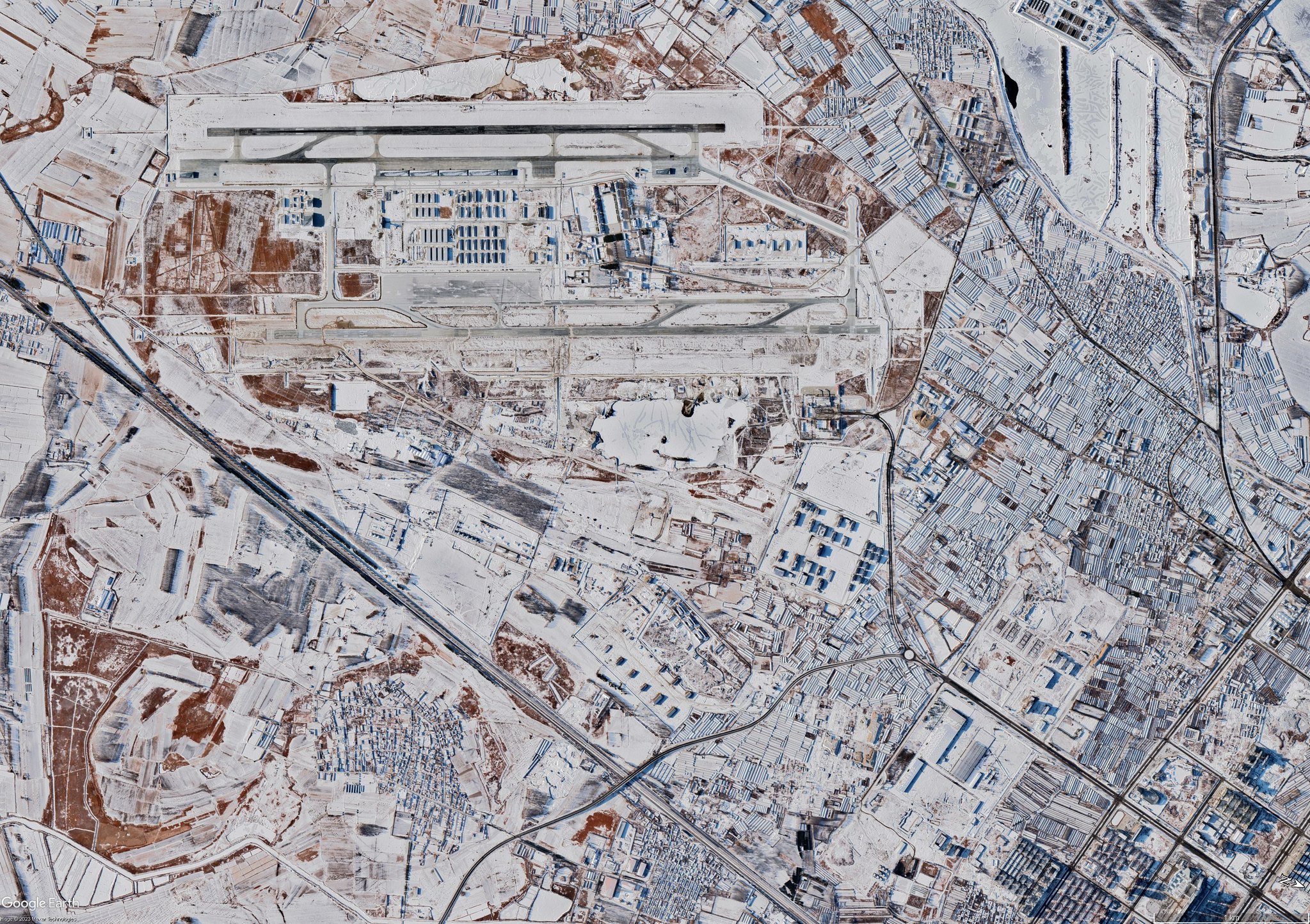It is all about life and welfare after military careers. It is essentially trying to rationalize positions/ranks (官/位)in Chinese mandarine system, including armed forces. One fundamental difference between US armed forces and China armed forces is in their retirement eco-system, which is vital to attract and retain talents in military.Why? Please elaborate more on this point. Thank you.
US armed forces have a revolving door in military-industrial complex that China does not have. They also traditionally go to private sectors after retiring from military with whatever benefits they have earned. Or some of them may go for elected political offices. China retired military personal traditionally went to state-owned enterprises or local government offices before reform and opening up circa 1979. Nowadays they would have choices between one-time lump-sum compensation for DIY life or arranged tiered positions in local government offices or government owned commercial entities. One big difference is that nowadays local government usually are less motivated to offer desired positions for mid to high ranking military retirees than pre 1979. China is a more diversified and free society than old days, which is not necessary beneficial for military retirees. The only thing that matters outside one-time compensation is rank, which can carry some weight and welfare in post-military life.
Now come back to positions/ranks (官/位) in modern day Chinese mandarine system. In PLA, "major general" is a very high rank in the whole society, relatively higher than the civilian Bureau Chief (厅/局). In Chinese mandarine system, to most staff, ranks are more important than positions. For example, in a typical county of a province, the county government chief (position) usually carries a rank of Department Chief (处长). But in Shanghai, the same county chief carries the rank of Bureau Chief(局长)。Here is the kicker: the real life difference between 处长 and 局长 is like day and night. Only those who hold tanks higher than Bureau Chief(局长)are called high-ranking officials in the Chinese system, which implications are huge.
Now come back to senior colonel versus brigadier general. As mentioned above, the rank of a Major General is higher than Bureau Chief(局长)in the system. So naturally, Senior Colonel is the closest rank to that of Bureau Chief(局长). However, ranks of Major, Lieutenant Colonel, Colonel and Senior Colonel are never considered high ranking officers in the system. It is somewhat confusing from a whole of society standpoint that a retired Senior Colonel would carry similar weight and welfare as Bureau Chief(局长).
On a final note, though I am not a military expert, I think Brigadier General is better suited to positions such as brigadier commander (旅长) instead of Senior Colonel. In my understanding of PLA, positions of brigadier commander (旅长) are more important than army commander (军长). But they are separated by the deepest division of ranks: Senior Colonel vs Major General, which is not very beneficial in the grand scheme of the Chinese mandarine system.







